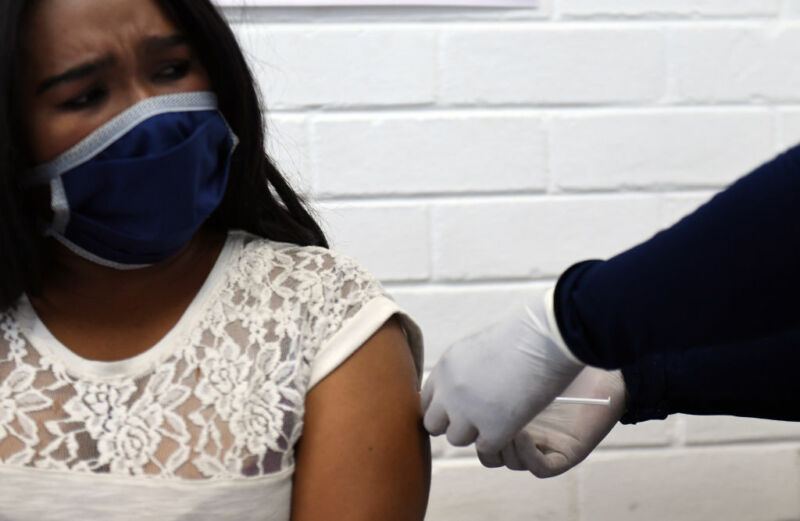
Enlarge / Oxford University is associated with the hospital that ran this study, as well as a vaccine that is currently undergoing clinical trials. (credit: Gallo Images)
The two authorizations issued by the FDA for COVID-19 vaccines come because of clear data that they limit infections by the SARS-CoV-2 virus, and ensure that any ensuing cases are mild. Studies have also indicated that the vaccine triggers the development of antibodies specific to the virus. Oddly, however, we don't have good data on an obvious question: is there a causal relationship between the two? In other words, we haven't determined whether production of anti-SARS-CoV-2 antibodies is a necessary step towards providing protection, or how long that protection lasts.
The have been a few small studies that hint at answers to these key questions, but significant uncertainties have remained. Now, a massive study out of Oxford University Hospital provides a clear indication that high levels of antibodies are protective. But, even with 12,500 participants, the study doesn't eliminate the uncertainties.
The good news
To get some good numbers, Oxford University Hospital tested its entire staff of healthcare workers, both for the presence of viral RNA, and for antibodies that indicated a past exposure to the virus. Following the initial tests, all the staff had the option of being retested for the presence of virus every two weeks, and antibodies every two months. Testing started back in April, when the first wave of infections was still happening, and continued through the end of November, when the second wave was still building. While many of the hospital staff were busy enough that they took longer than two weeks for follow-up testing, the hospital was able to track over 12,500 people.
No comments:
Post a Comment